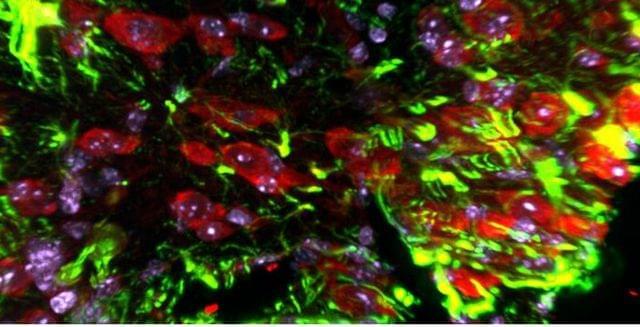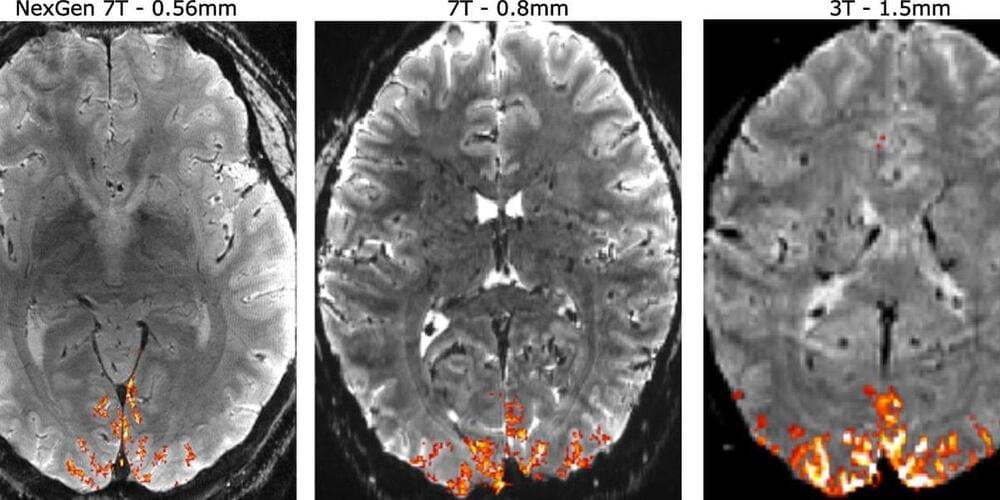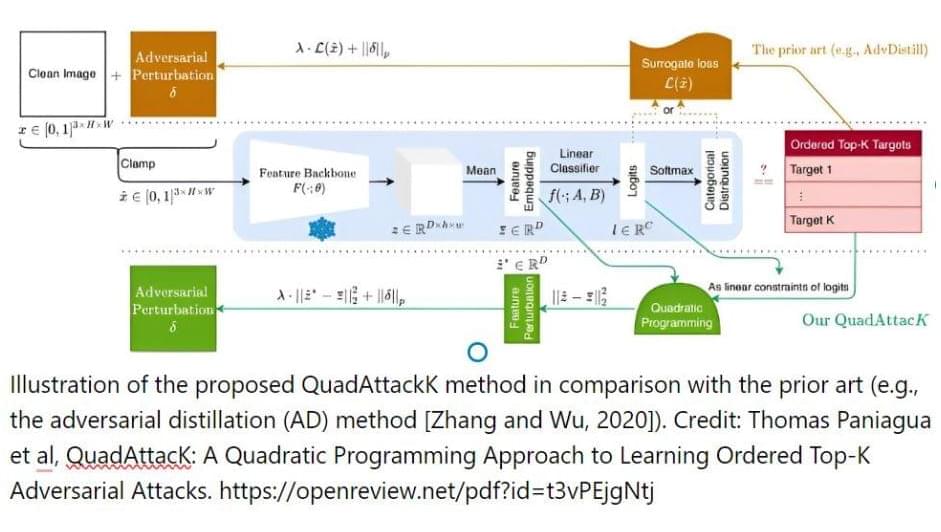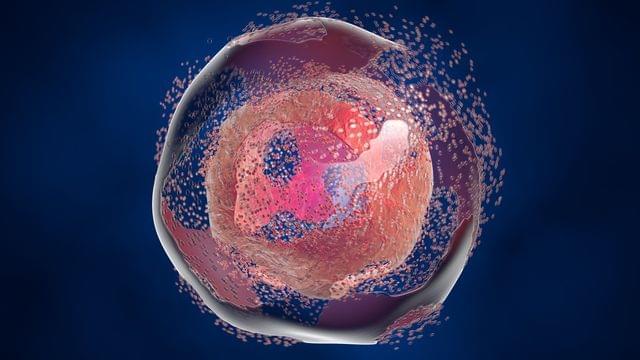Dec 13, 2023
MitoRx raises $5 million to advance mitochondrial dysfunction therapeutics
Posted by Shubham Ghosh Roy in categories: biotech/medical, neuroscience
Headquartered in Oxford, UK, MitoRx is working on orally delivered mitochondrial protective therapeutics targeting mitochondrial dysfunction linked to the progression of conditions such as Duchenne muscular dystrophy and Huntington’s disease, along with other neurodegenerative diseases. The company says the new funding will be allocated towards its preclinical work in Huntington’s disease, activating its first neurodegenerative disease program, and exploring research collaborations and partnerships.
MitoRx anticipates delivering preclinical results in Duchenne muscular dystrophy, Huntington’s disease, and COPD next year.
“Interim results in our Duchenne program demonstrate that our muscle-penetrative lead asset preserves strength in oxidative muscle, and confirms mitochondrial modulation,” said Dr Christine Charman, Chief Development Officer at MitoRx. “These results will be presented at the Muscular Dystrophy Association Clinical and Scientific Conference in Orlando during March 2024.”


 עברית (Hebrew)
עברית (Hebrew)















